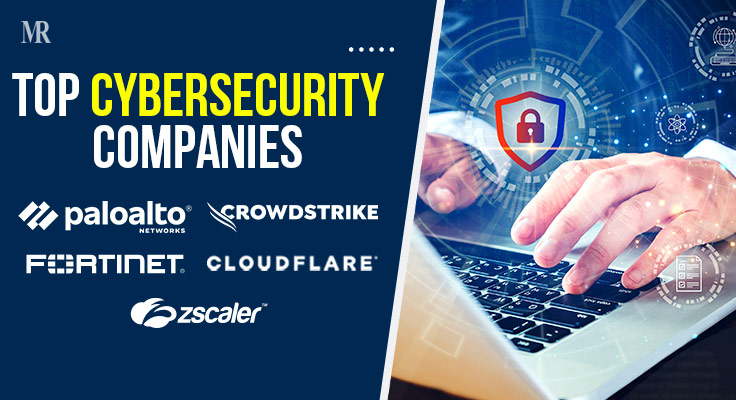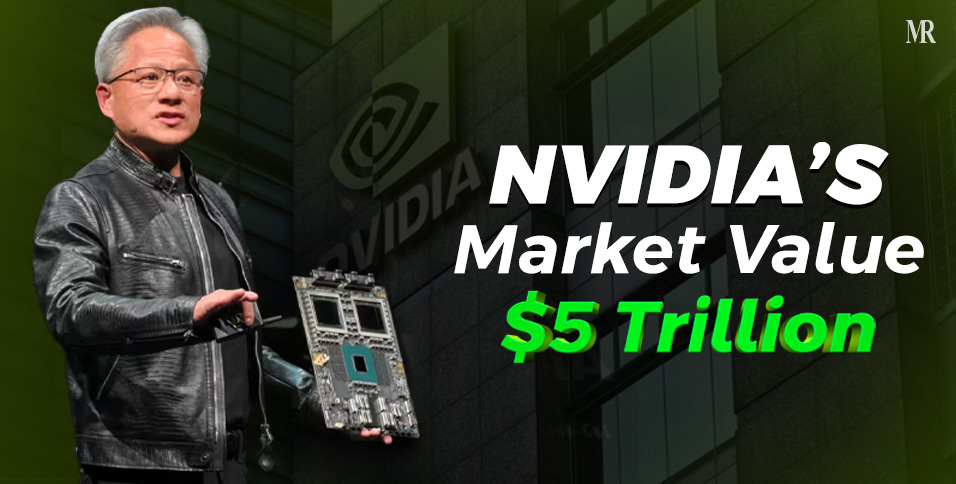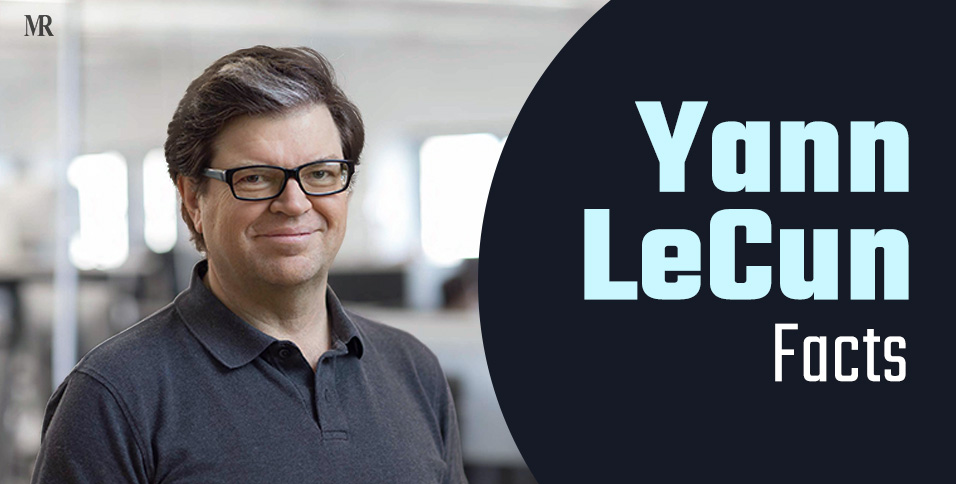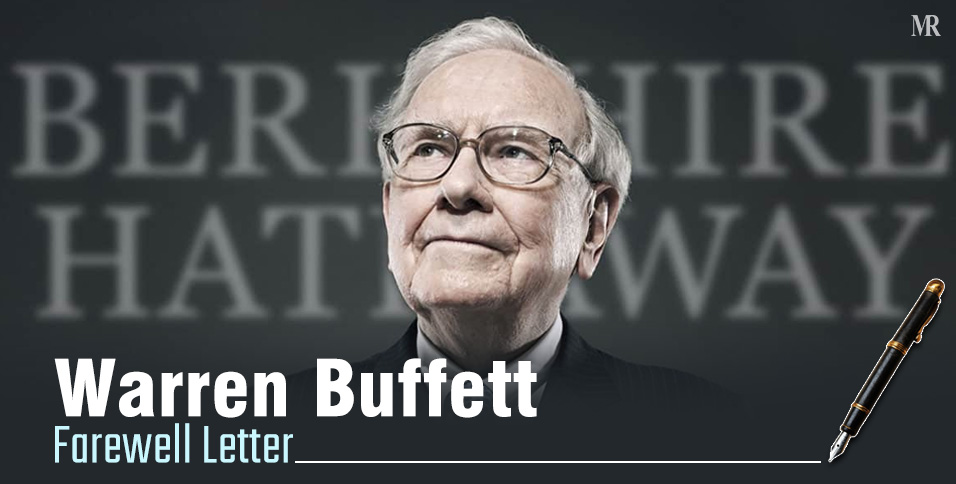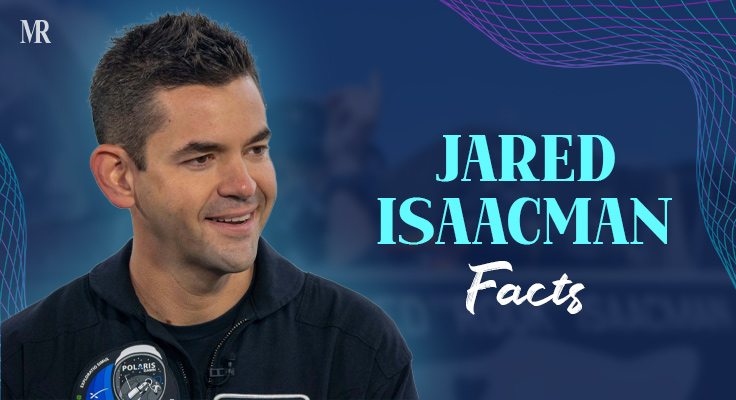As our digital world rapidly expands, so do cyber threats. In fact, global cybercrime costs are projected to skyrocket to an astonishing $10.5 trillion annually by 2025. This makes understanding who the top cybersecurity companies are not just helpful, but absolutely essential.
Whether you’re a business looking to beef up your defenses, an individual keen on safeguarding your digital life, or someone exploring a career in this dynamic field, knowing the top 10 cybersecurity companies in the world is key.
So this post highlights the top rated cyber security companies, detailing their core strengths and innovative approaches.
List of the Top 10 Cybersecurity Companies In The World
| Company | Headquarters | Key Focus / USP | Key Services / Technology |
| Palo Alto Networks | Santa Clara, California | Platform-centric integration (network, cloud, endpoint) with AI/automation | NGFWs, Prisma Cloud (cloud-native security), Cortex (AI/automation, XDR/XSIAM), Unit 42 (threat intelligence) |
| CrowdStrike | Austin, Texas | Cloud-native Falcon platform, lightweight agent, AI/Threat Graph® | EDR, XDR, Cloud Security (CNAPP), Identity Protection, Threat Intelligence, Incident Response, Vulnerability Management |
| Fortinet | Sunnyvale, California | Broad, integrated Security Fabric, custom SPUs | NGFWs (FortiGate), Secure SD-WAN, EDR, XDR, SASE, Cloud Security, WAF, Email Security, OT Security |
| Cloudflare | San Francisco, California | Massive global network, edge security/performance, Zero Trust at the edge | CDN, DDoS Protection, WAF, Bot Management, API Security, Zero Trust (Cloudflare One), DNS, Edge Computing (Workers), Email Security |
| Zscaler | San Jose, California | Cloud-native Zero Trust Exchange™, secure direct access, SSE leader | Secure Web Gateway (SWG), ZTNA, CASB, CSPM, Cloud Firewall, DLP, Digital Experience Monitoring (ZDX) |
| Check Point Software Tech | Tel Aviv, Israel / San Carlos, California | Prevention-first approach, unified Infinity architecture, ThreatCloud AI | NGFWs (Quantum), Advanced Threat Prevention, Mobile/Endpoint Security (Harmony), Cloud Security (CloudGuard), SASE, IoT Security, Unified Management |
| Gen Digital | Tempe, Arizona / Prague, Czech Republic | Consumer Cyber Safety, Identity Protection, Privacy (via trusted brands) | Antivirus (Norton, Avast, etc.), VPNs, Identity Theft Protection (LifeLock), Online Privacy Tools, Device Security, Dark Web Monitoring, Reputation Mgmt |
| CyberArk | Petah Tikva, Israel / Newton, Massachusetts | Identity Security Platform, PAM leader, intelligent privilege controls | Privileged Access Management (PAM), Endpoint Privilege Security, Secrets Management, Cloud Privilege Security, Identity Management & Governance |
| SentinelOne | Mountain View, California | Autonomous AI platform (Singularity™), AI-driven XDR, unified data lake | EPP, EDR, XDR, IoT Security, Cloud Workload Protection (CWPP), Integrated Threat Intelligence |
| Microsoft Security | Redmond, Washington | Deep integration within Microsoft ecosystem (Windows, Azure, M365), vast signals | SIEM/SOAR (Sentinel), XDR (Defender XDR), Endpoint Security, Cloud Security (Defender for Cloud), Identity/Access Management (Entra ID), DLP, Compliance |
1. Palo Alto Networks
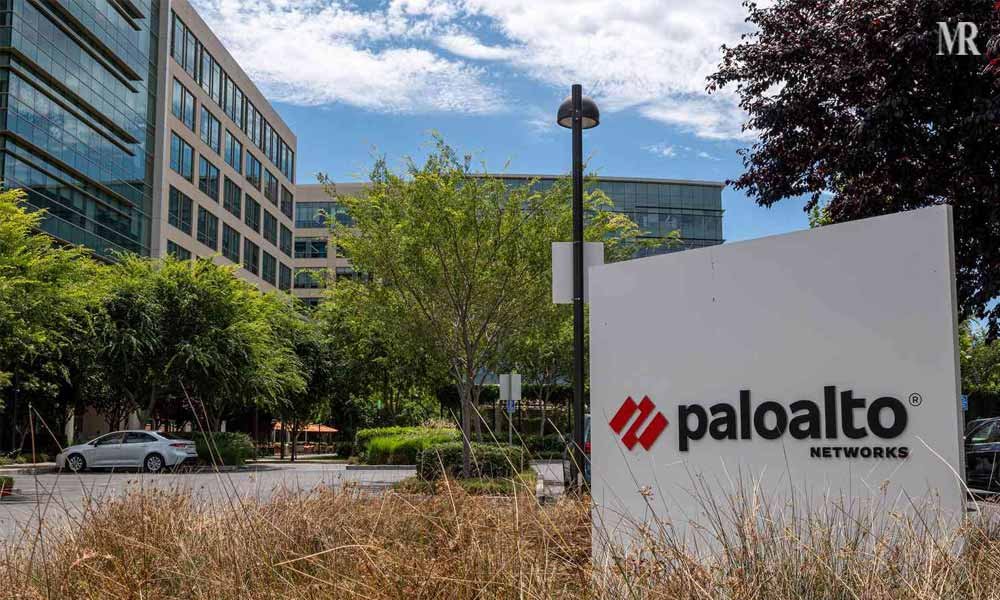
- Founded in: 2005
- Headquarters: Santa Clara, California
- Market Cap: $127.71 B
Palo Alto Networks stands out as a major player in global cybersecurity, with a strong focus on stopping cyberattacks before they succeed.
They’re super famous for their next-generation firewalls (NGFWs), and their massive Prisma® Cloud suite is a powerhouse for securing everything in the cloud, from when you’re just building an application all the way through to when it’s live and running.
Their security operations are powered by Cortex™, which uses a lot of AI, and their expert Unit 42 team is always dishing out crucial threat intelligence.
What really makes them stand out is their “platform-first” approach. They’ve built a system that seamlessly brings together network, cloud, and endpoint security, all infused with AI and automation to actively shut down threats.
Palo Alto offers a really impressive toolkit. We’re talking NGFWs, cloud-native security (that’s Prisma Cloud), advanced endpoint protection (Cortex XDR), security automation (Cortex XSOAR), and of course, top-notch threat intelligence.
Their dedication to AI and Machine Learning in Cortex, combined with a strong Zero Trust architecture and the cutting-edge threat intel from Unit 42, truly keeps them at the very front of the cybersecurity game.
- CrowdStrike
- Founded in: 2011
- Headquarters: Austin, Texas
- Market Cap: $107.56 B
CrowdStrike truly changed the game in endpoint protection with its innovative, cloud-native Falcon platform. This AI-powered platform delivers top-tier endpoint detection and response (EDR), extended detection and response (XDR), comprehensive threat intelligence, and even managed threat hunting.
They’ve also made some serious progress with their Cloud-Native Application Protection Platform (CNAPP) capabilities.
CrowdStrike’s secret sauce is a unique blend: a super lightweight software agent, a totally cloud-native architecture, and the sheer power of their AI and Threat Graph®. This potent combination lets them achieve lightning-fast detection, prevention, and response across any organization, big or small.
They’re widely considered leaders in AI-driven EDR and XDR, constantly leveraging their unique threat graphing technology and getting ahead of threats with proactive hunting.
Their full range of offerings covers everything you’d need: endpoint security (EPP, EDR), XDR, cloud security (CNAPP), identity protection, threat intelligence, incident response, and even vulnerability management.
3. Fortinet

- Founded in: 2000
- Headquarters: Sunnyvale, California
- Market Cap: $78.50 B
Fortinet offers a wide array of integrated and automated cybersecurity solutions. Their overarching vision is the Fortinet Security Fabric – an all-encompassing platform that delivers broad visibility, seamlessly integrated threat prevention, and automated responses across every corner of the digital attack surface.
They’re particularly well-known for their high-performance FortiGate next-generation firewalls, which get their power from custom-built Security Processing Units (SPUs).
Fortinet’s real strength comes from its tightly integrated portfolio. This covers network, endpoint, and cloud security, all designed to work in harmony through the FortiOS operating system and continuously updated by FortiGuard Labs’ threat intelligence.
Their custom ASICs truly give them a performance edge. Fortinet develops its own high-performance SPU technology and places a strong emphasis on AI/ML within both the Security Fabric and FortiGuard Labs.
Their comprehensive offerings span NGFWs, Secure SD-WAN, EDR, XDR, SASE, cloud security, WAF, email security, and even OT security.
4. Cloudflare
- Founded in: 2009
- Headquarters: San Francisco, California
- Market Cap: $53.54 B
Cloudflare aims “to help build a better Internet” by evolving from content delivery (CDN) optimization to a comprehensive security and performance provider.
They operate this incredibly widespread global network that acts as both a digital shield and a supercharger for online content.
Through this network, they offer services like CDN, seriously robust DDoS mitigation, a powerful web application firewall (WAF), their innovative Zero Trust platform (Cloudflare One), super reliable DNS services, and cutting-edge edge computing.
Cloudflare’s sheer scale is a massive advantage. Their huge global network works like a reverse proxy, intelligently filtering out nasty traffic, speeding up how quickly content gets to you, and giving them a potent platform to deliver those Zero Trust services right at the network’s edge.
They’re constantly pushing the envelope with new ideas, especially in edge computing, serverless functions (which they call Workers), truly best-in-class DDoS protection, and a rapidly expanding Zero Trust platform.
Their extensive list of services covers a lot of ground: CDN, DDoS protection, WAF, Bot Management, API Security, Zero Trust Network Access (ZTNA), Secure Web Gateway (SWG), DNS, and even email security.
5. Zscaler
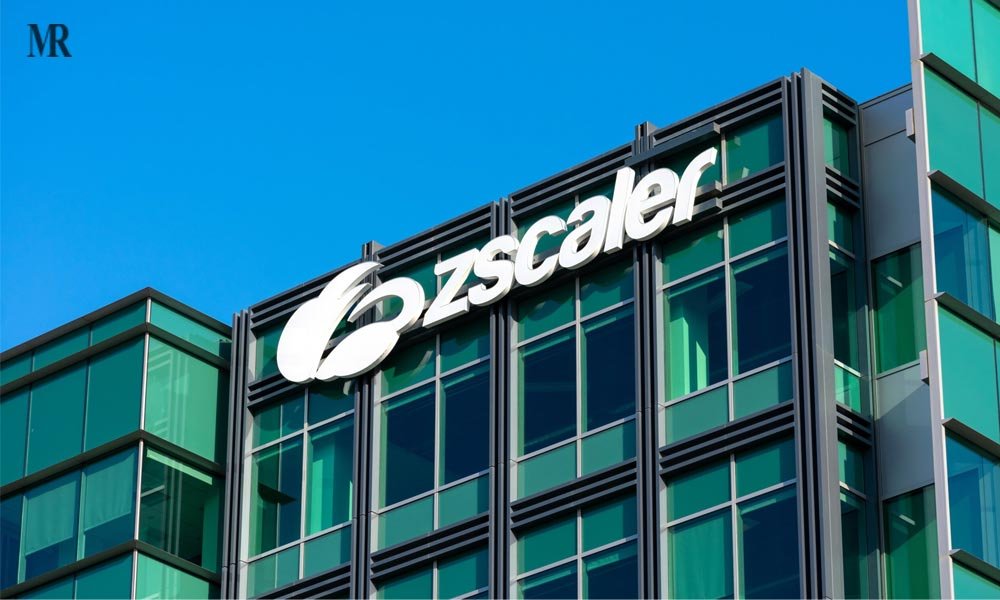
- Founded in: 2007
- Headquarters: San Jose, California
- Market Cap: $38.04 B
Zscaler is a true pioneer in cloud-native security, championing Zero Trust principles. Their flagship Zscaler Zero Trust Exchange™ platform securely connects users, devices, and applications based on who they are and what they’re doing – all without ever putting them directly on the corporate network. It’s a game-changer for secure access.
Their main services include Zscaler Internet Access (ZIA) and Zscaler Private Access (ZPA). Zscaler’s cloud-native, multi-tenant architecture essentially acts as a secure, direct on-ramp to both the internet and your private applications.
This smart approach completely bypasses the need for old-school network security appliances and VPNs. The result? Less complexity, a much better user experience, and strong Zero Trust enforcement.
They’re widely recognized as leaders in ZTNA and the broader Secure Service Edge (SSE) space. You’ll find them constantly innovating in critical areas like data protection and advanced threat prevention.
Their comprehensive portfolio spans Secure Web Gateway (SWG), ZTNA, CASB, CSPM, Cloud Firewall, DLP, and Digital Experience Monitoring (ZDX).
6. Check Point Software Technologies
- Founded in: 1993
- Headquarters: Tel Aviv, Israel, and San Carlos, California (dual HQs)
- Market Cap: $23.41 B
Check Point Software Technologies is a real veteran in the cybersecurity world, and they offer a huge range of solutions.
You’ll find everything from network security (Quantum) and cloud security (CloudGuard) to endpoint protection (Harmony) and their full suite of security operations tools (Infinity XDR/XPR).
Their guiding principle? A “prevention-first” approach, always aiming to stop threats before they even start.
What really sets Check Point apart is their groundbreaking Infinity architecture. This isn’t just a collection of tools; it’s a truly unified security strategy that covers networks, cloud, mobile, endpoints, and IoT devices.
And it’s all supercharged by the AI-driven threat intelligence from their ThreatCloud AI.
With a long history of innovation, Check Point is constantly pushing forward. Right now, they’re heavily focused on developing advanced AI-powered threat prevention, building tightly integrated security architectures, and rolling out cutting-edge cloud solutions.
Their offerings are vast, encompassing NGFWs, advanced threat prevention, mobile security, endpoint security, comprehensive cloud security (CSPM, CWPP), SASE, IoT security, and unified security management.
7. Gen Digital
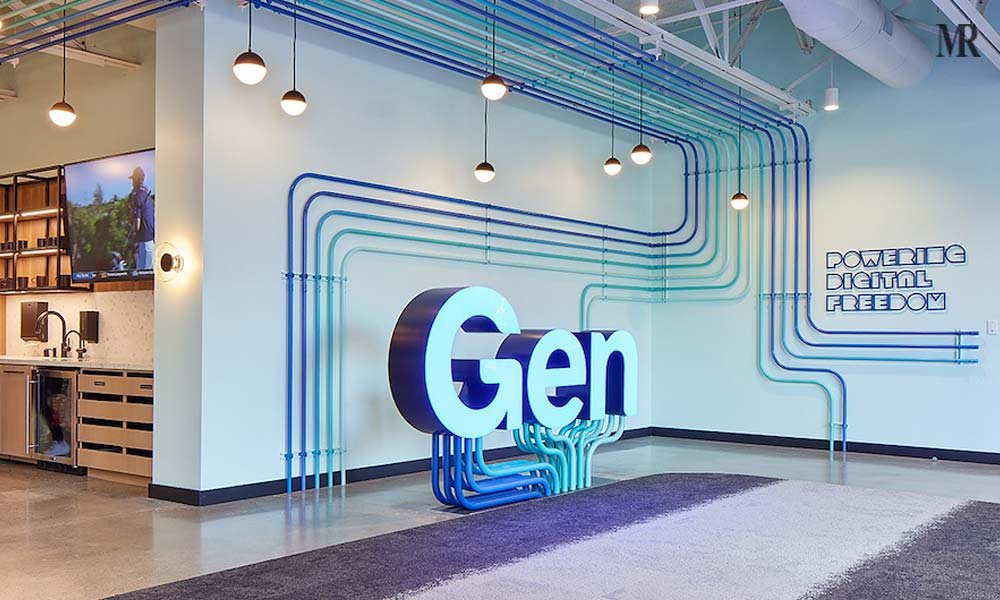
- Founded in: November 2022 (through merger)
- Headquarters: Tempe, Arizona (USA) and Prague, Czech Republic (dual HQs)
- Market Cap: $17.85 B
Formed by the merger of NortonLifeLock and Avast, Gen Digital has quickly become a global leader, passionately empowering “Digital Freedom” for consumers worldwide.
This company is home to a whole stable of highly trusted brands you probably already know, like Norton, Avast, LifeLock, Avira, AVG, ReputationDefender, and CCleaner.
Their main goal? To ensure Cyber Safety, identity protection, and online privacy for individuals and families alike.
Gen Digital’s real strength comes from combining the expertise and advanced tech from all these well-known consumer brands. This allows them to offer incredibly comprehensive yet super user-friendly solutions for personal cybersecurity, identity theft protection, and online privacy.
Their innovation is entirely focused on what consumers need. They’re notably incorporating AI-powered threat detection and cutting-edge scam prevention to keep you safe.
Their wide range of services covers pretty much all your personal digital protection needs, including antivirus software, VPNs, identity theft protection, online privacy tools, device security, dark web monitoring, and reputation management.
8. CyberArk
- Founded in: 1999
- Headquarters: Petah Tikva, Israel (Global HQ); Newton, Massachusetts (U.S. HQ)
- Market Cap: $17.56 B
When you talk about identity security, CyberArk is pretty much the name that comes to mind, especially for Privileged Access Management (PAM). Think of PAM as a crucial cornerstone for any solid Zero Trust strategy.
Their Identity Security Platform is built to lock down both human and machine identities across just about every environment imaginable: from everyday business apps to remote workforces, hybrid cloud setups, and even complex DevOps pipelines.
What’s really cool is how complete and flexible their platform is. It’s all about intelligent privilege controls, giving organizations the power to secure access for literally any identity, to virtually any resource, no matter where they are or what device they’re using.
CyberArk isn’t just a player in PAM; they’re the original pioneers and still the go-to leaders. They’re constantly pushing the boundaries with new innovations in identity security, rolling out advanced AI-powered analytics, and nailing down secrets management.
9. SentinelOne
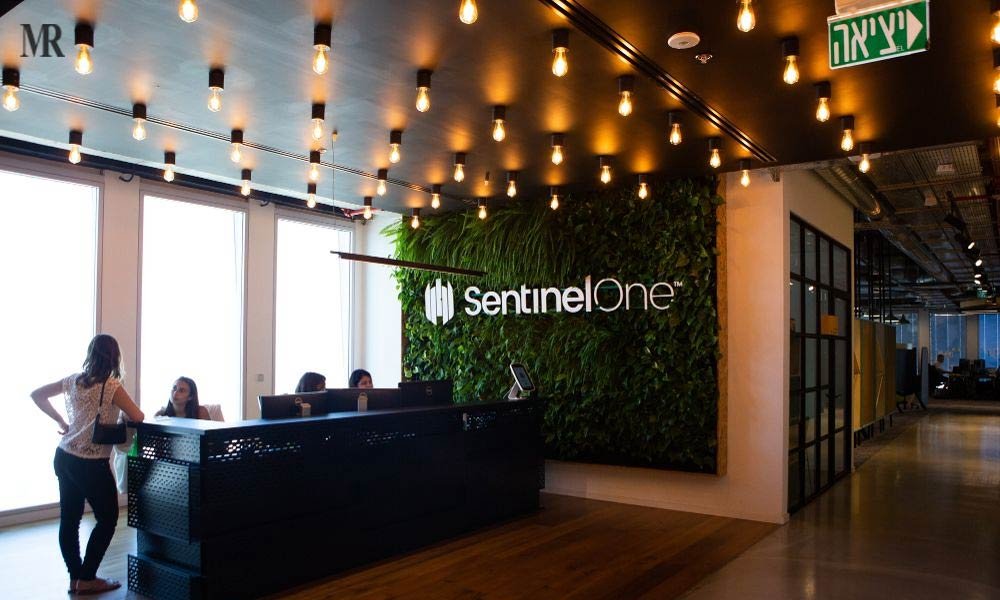
- Founded in: 2013
- Headquarters: Mountain View, California
- Market Cap: $6.63 B
SentinelOne has really taken off, and it’s all thanks to their truly groundbreaking autonomous cybersecurity platform.
At its heart is the Singularity™ Platform, an AI-driven XDR (Extended Detection and Response) solution. This single, unified platform pretty much does it all: preventing threats, detecting them, responding fast, and even hunting down hidden dangers. It covers everything from your endpoints and containers to cloud workloads and IoT devices.
What makes SentinelOne stand out is their super advanced, autonomous AI. This powerful tech lets the platform independently stop, spot, and react to threats at lightning speed, often without any human stepping in.
Plus, their unified data lake approach makes a huge difference. It gives you much better visibility into your security and dramatically speeds up how quickly you can respond to any incidents.
They are intensely focused on AI/ML for autonomous threat detection and response, placing XDR capabilities and that unified security data lake right at the cutting edge of their offerings.
Their comprehensive suite includes EPP, EDR, XDR, IoT security, cloud workload protection (CWPP), and integrated threat intelligence.
10. Microsoft Security
- Founded in: Microsoft founded 1975; security division evolved significantly.
- Headquarters: Redmond, Washington
- Market Cap: $3.367 T
Microsoft’s security division is a powerhouse offering one of the most comprehensive and integrated security portfolios available.
Solutions span identity and access management (Microsoft Entra ID), threat protection (Microsoft Defender XDR, Microsoft Sentinel), cloud security (Microsoft Defender for Cloud), information protection (Microsoft Purview), and holistic security management.
Microsoft‘s primary strength is the seamless integration of its security tools within its vast ecosystem (Windows, Azure, Microsoft 365).
This native integration, powered by AI (like Copilot for Security) and analysis of trillions of daily security signals, provides a powerful and cohesive security posture, especially for organizations using Microsoft products.
Their investment in security R&D is massive, leading in AI for security, XDR, Zero Trust, and cloud-native security, leveraging a vast volume of global threat signals.
Their end-to-end offering includes SIEM/SOAR (Sentinel), XDR (Defender XDR), endpoint security, full-stack cloud security (CNAPP, CWPP, CSPM), identity/access management, DLP, and compliance solutions.
What Are The Emerging Trends and the Future of Cybersecurity?
- Impact of AI and Machine Learning:
AI and Machine Learning (ML) are revolutionizing cybersecurity, affecting both attackers and defenders.
Hackers use AI to automate sophisticated attacks, while security teams leverage it for faster threat detection, automated responses, and predictive insights.
As a result, cybersecurity companies are heavily investing in these advanced technologies.
- The Rise of XDR (Extended Detection and Response):
XDR is gaining momentum as it consolidates data from multiple sources like endpoints, networks, cloud, email, and identity systems.
This integrated view enhances threat detection and response, making security operations faster and more efficient.
- Importance of Zero Trust Architecture:
The Zero Trust model is becoming a cybersecurity standard. It operates on a simple principle: “Never trust, always verify.”
This approach emphasizes identity verification, microsegmentation, and strict access control based on user roles, making it essential for protecting distributed environments.
- Cloud Security Challenges and Solutions:
Cloud security remains a top priority as organizations shift more data and applications online.
Tools like Cloud Security Posture Management (CSPM), Cloud Workload Protection Platforms (CWPP), and Cloud-Native Application Protection Platforms (CNAPP) are crucial for maintaining data safety and compliance.
- Human Element Awareness and Training:
Human errors continue to be a leading cause of data breaches.
Regular training, promoting a security-conscious culture, and ongoing employee education are critical for minimizing risks and maintaining strong cybersecurity defenses.
Conclusion
Dealing with today’s advanced cyber threats demands really strong defenses. The 10 top cybersecurity companies here are truly leaders in providing the kind of innovation and reliability needed to feel secure in the digital realm.
Each one brings its own distinct strengths – whether it’s through AI-driven automation, building comprehensive Zero Trust approaches, offering specialized identity protection, or creating tightly integrated security ecosystems.
Understanding their strengths and choosing solutions that fit your needs can significantly improve your security posture. Staying informed and proactive is the best way to keep your digital world safe.

